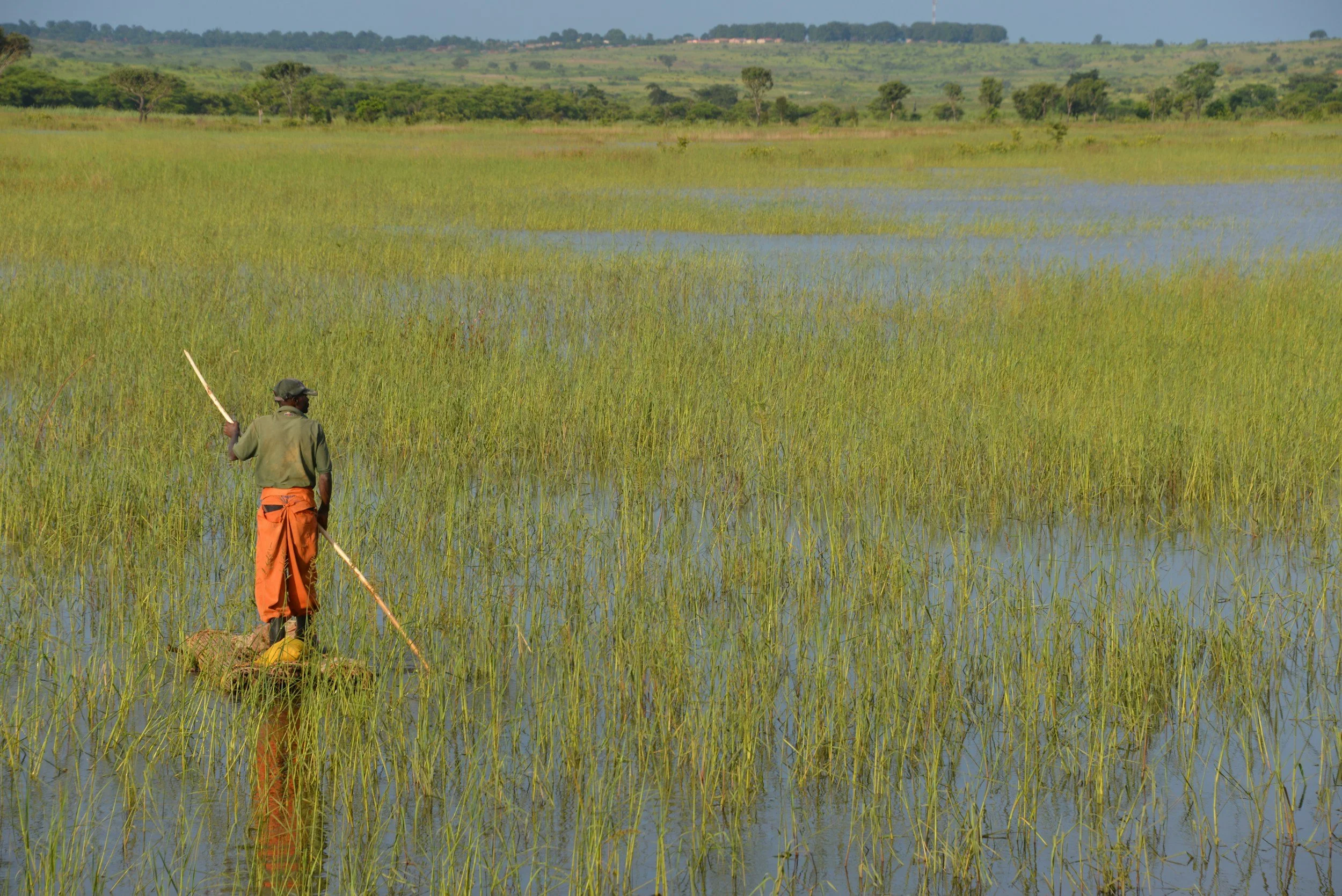
Special Committee on Decolonization
The year is 1963. The winds of change have once again swept over the African continent, and in the wake of the United Nations Declaration on the Granting of Independence to Colonial Countries and Peoples, the international community has begun addressing the end of colonialism as a necessity—not simply an ideal. But in 1963 this remains unrealized for millions of people. In the vast Portuguese territories of Angola and Mozambique, the doctrine of portugalidade asserts that these are not colonies but overseas provinces, integral parts of a single nation of Portugal—a claim standing in clear opposition to rising demands for self-determination in southern Africa.
The Special Committee on Decolonization now confronts one of its most formidable challenges. In Angola, the struggle for independence is fragmented between nationalist movements competing not just for the heart of the nation, but for the minds of foreign diplomats. The violence that erupted in 1961 has not subsided but rather evolved into a multipolar war, both drawing in external actors and forcing local leaders to weigh the cost of liberation. In neighboring Mozambique, a colonial insurgency led by FRELIMO is gaining traction, challenging Lisbon’s authority and setting the stage for a prolonged conflict. The Portuguese state, under the Estado Novo regime, remains resolute in the face of this opposition, mobilizing immense military forces to maintain its centuries-old footprint on the continent.
Delegates are tasked with navigating this increasingly volatile landscape from the unique perspective of the Special Committee on Decolonization, working to reconcile the unimpeachable right to self-determination with the material realities of establishing independence. How can the international community effectively respond to the plight of colonized peoples when a metropolitan power refuses to acknowledge their rights to independence? What tools are at the Committee’s disposal? The questions of Angola and Mozambique mark pivotal points in the broader struggle between imperial continuity and the inalienable right to self-determination—no matter what its course of action, the Committee’s work will decide a lasting precedent for decades to come.
